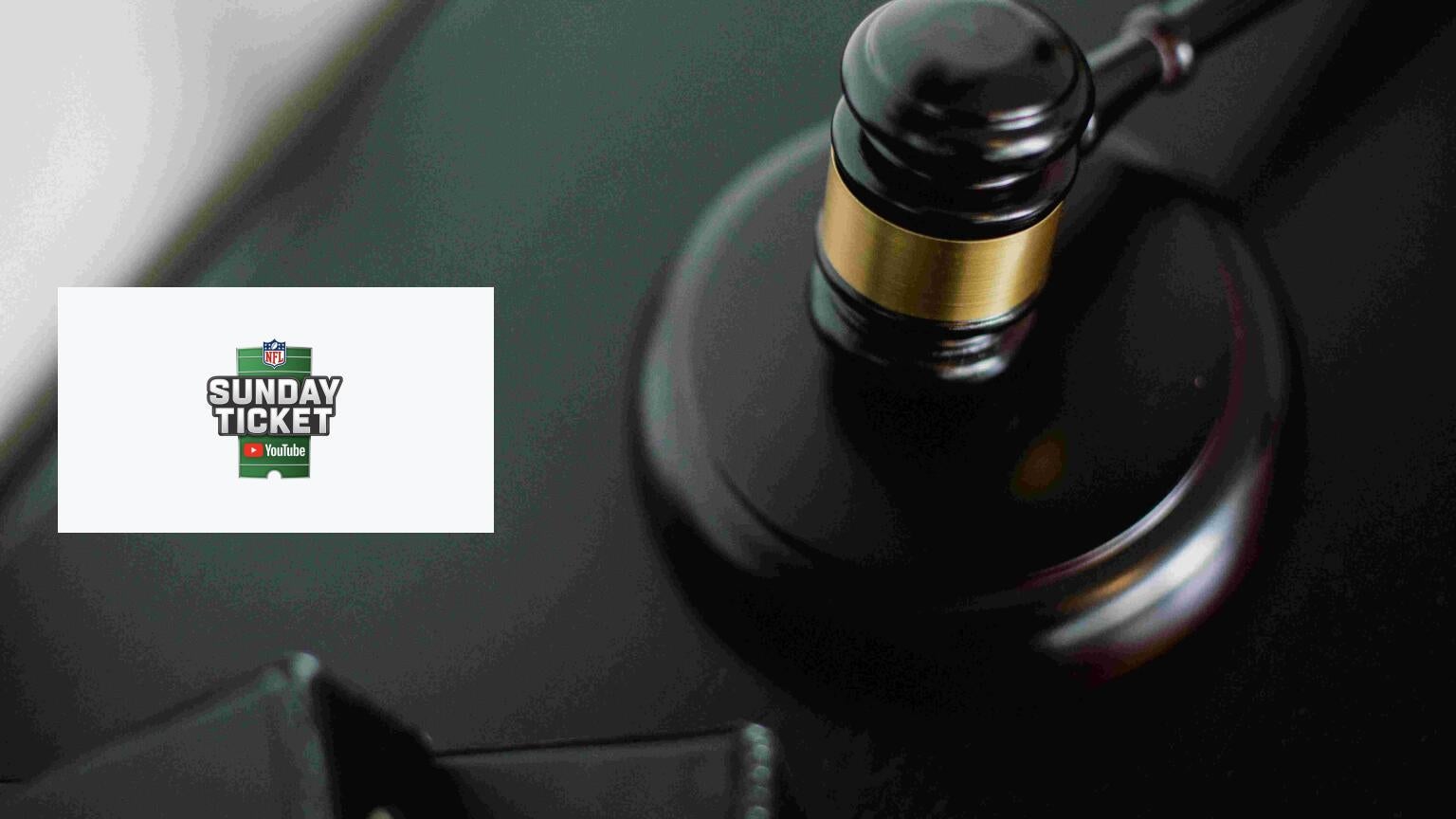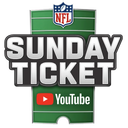With Jury Selection Underway, How Could NFL Sunday Ticket Antitrust Case Change How We Watch Games?
With Jury Selection Underway, How Could NFL Sunday Ticket Antitrust Case Change How We Watch Games?
The case could have major repercussions in the way the NFL distributes its games on TV and streaming.

Jury selection has begun in the antitrust lawsuit against the NFL over its practices with its out-of-market games service NFL Sunday Ticket. The lawsuit is a class-action case that represents more than 2 million individuals, as well as 48,000 commercial establishments, across the United States. A victory for the plaintiffs could lead to enormous changes in the way that NFL games are offered on TV going forward.
Key Details:
- Plaintiffs allege that NFL Sunday Ticket artificially inflates prices by not giving fans any alternative for watching out-of-market games.
- Damages in the case could reach as much as $21 billion.
- Teams could be free to sell their rights to any outlet they want if the lawsuit is successful.
The lawsuit against NFL Sunday Ticket first took shape in 2015, and was converted into a class-action case in February 2023. The core of its argument is that the NFL and DIRECTV — who owned the rights to Sunday Ticket when the lawsuit was first initiated — violated antitrust laws by limiting the number of games that viewers receive on their local broadcast channels each week. The two organizations then put the rest of a Sunday afternoon slate on NFL Sunday Ticket, artificially and illegally driving up prices. Viewers who don’t add a monthly subscription to YouTube TV — the owner of Sunday Ticket’s rights since 2022 — to NFL Sunday Ticket now pay $449 per season or more for the service.
The NFL’s counterargument is that because it negotiates broadcast deals as a single entity rather than allowing its teams to make separate deals for themselves, it is not subject to limitations from antitrust laws. The league asked for a summary judgement in the case last summer, but was thwarted in that attempt when the presiding judge ordered the case to trial in January.
Damages could reach up to $7 billion, and because the lawsuit is an antitrust case, those damages could triple if the plaintiffs win. That would leave the league with a $21 billion bill to pay, a huge financial cost even for a league with as many billionaire owners as the NFL has. The league has repeatedly refused to allow viewers to buy slimmed-down Sunday Ticket packages, insisting that a premium product with so many games deserved a premium price.
What Happens to NFL Broadcasts if the League Loses?

If the NFL loses the lawsuit, the judgment would allow its teams to seek out their own media deals instead of having to agree to sell their rights as a collective entity. Instead of Sunday afternoon NFL games appearing on over-the-air (OTA) broadcast channels as they do now, teams could decide to sell their rights to distributors themselves, and some could choose to partner with cable channels, streamers like Prime Video or Netflix, or even regional sports networks — though the instability of the regional sports model at present makes that highly unlikely.
For fans, this could make finding a specific team’s NFL games even harder every week. With each new rights deal — like the recent announcement that Netflix had secured the rights to Christmas Day NFL games through 2026 — viewers regularly complain that the league is available on too many outlets to keep up with, and this could only exacerbate that.
The league is using that point as one of its arguments, and says that competitive equality could be harmed in such a scenario. The Dallas Cowboys, for example, would almost certainly get more for their media rights than a team like the Carolina Panthers, leaving the Panthers less able to build a competitive roster. Major League Baseball sometimes struggles with this dilemma, and the NFL would like to avoid that scenario if possible, preferring parity to a caste system that shoves a select group of high-value teams to the top.
One possibility is that the league settles its case before arguments are made in front of a jury. The NFL likes to avoid having its biggest figures testify in open court, where they might be forced to divulge sensitive information under oath. League owners like the Cowboys’ Jerry Jones and Robert Kraft of the New England Patriots have been called to testify, as has former CBS Sports chairman Sean McManus. If the league wants to avoid details of its media contract negotiations from getting to the public badly enough, it could ask for the opportunity to settle out of court instead.
The ruling likely won’t have a major effect on other sports leagues because most other leagues in the United States allow their member teams to sell their local broadcast rights individually. It highlights how unique the NFL and its 17-game-per-season schedule are; the league’s game inventory every year is much smaller than the NBA, NHL, or MLB, so there’s not really the same ability to carve out national game packages alongside local broadcasting arrangements with the NFL.
College sports sell their rights as conferences, but there are so many conferences to be had that competition is much fiercer for rights. The NFL has no competing professional football leagues in the United States, and it knows full well the power that gives it at the negotiation table.
News of a settlement could come before the 2024 season begins since the NFL will likely want to avoid having the suit hanging over its season if it does decide to negotiate with the plaintiffs. But, if it does decide to follow the case to its natural conclusion and loses in court, the consequences for NFL broadcasting arrangements would be massive.
NFL Sunday Ticket
NFL Sunday Ticket is a subscription video streaming service that allows football fans to watch every live out-of-market NFL game on Sunday afternoons on YouTube or YouTube TV.

